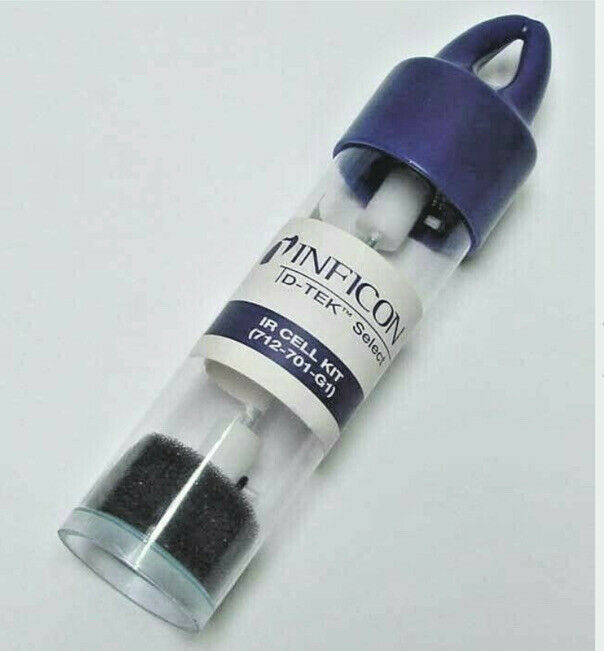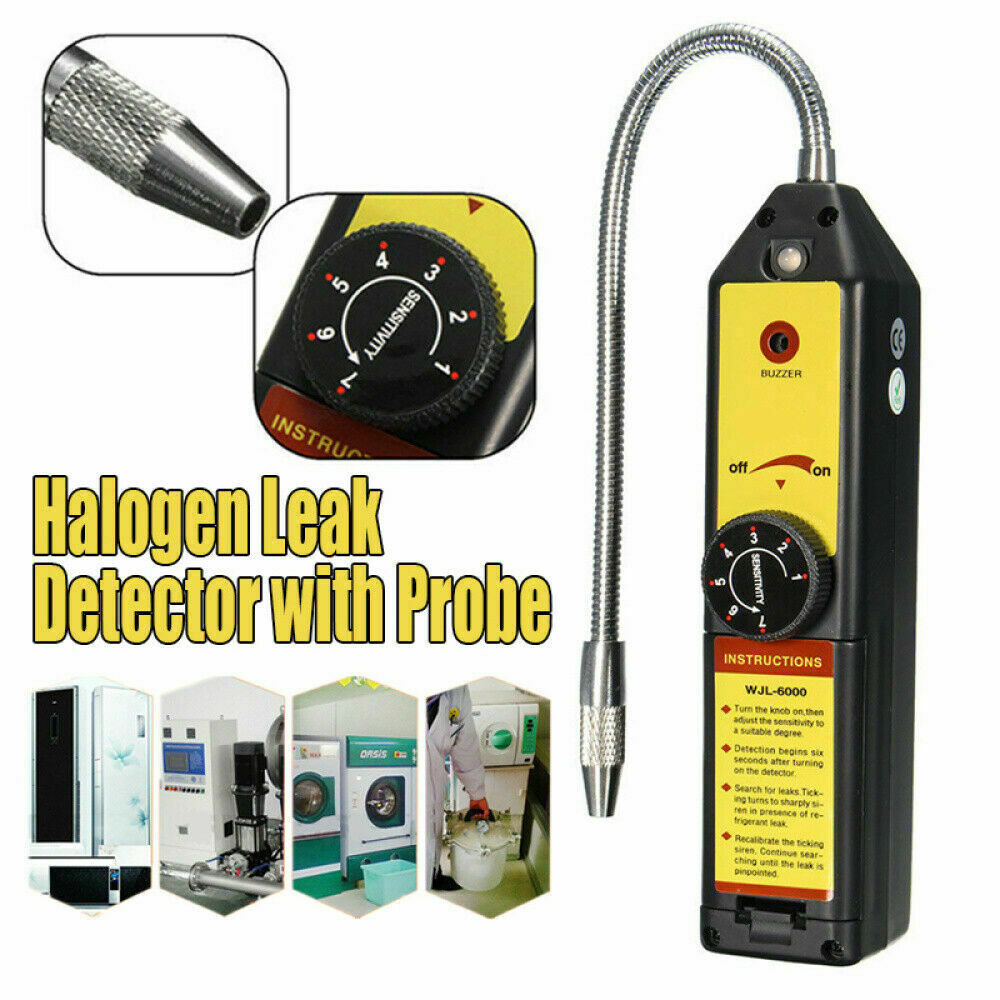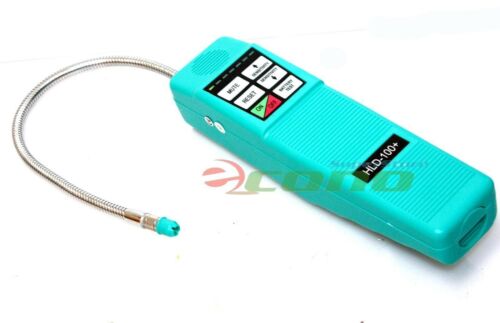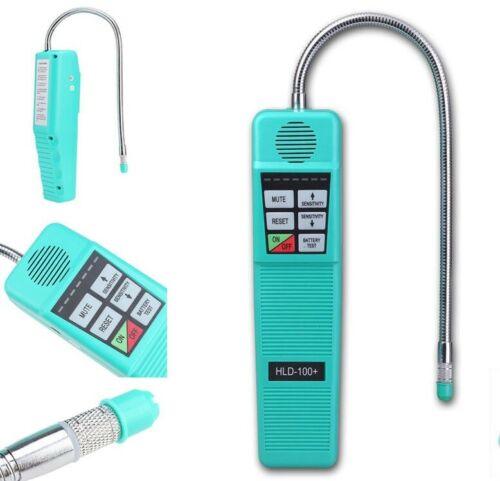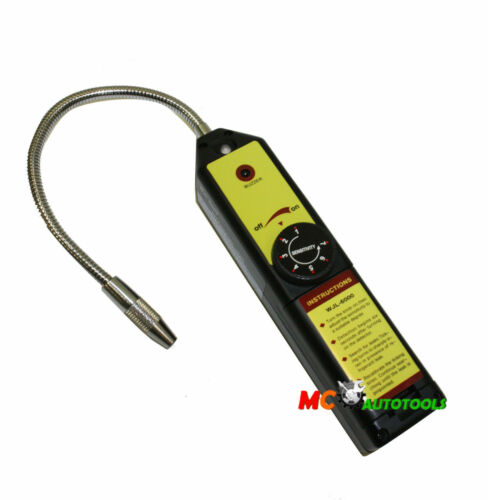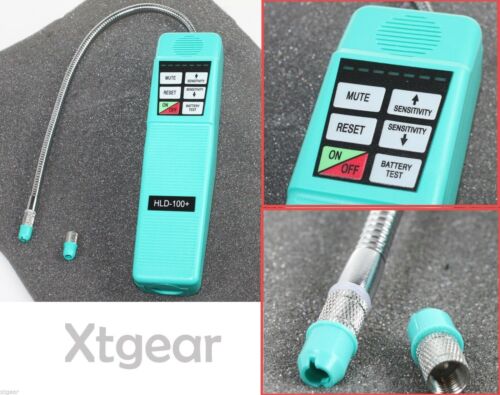-40%
Inficon D-tek Select Replacement IR Cell Sensor, 712-701-G1
$ 47.51
- Description
- Size Guide
Description
Inficon D-tek Select Replacement IR Cell Sensor, 712-701-G1.How it Works;
At the heart of the D-TEK Select Refrigerant Leak Detector is an infrared absorption filtometer.
It consists of a sampling cell with an infrared source (or emitter) at one end, an infrared energy detector at the other end, and an optical filter in between them.
Like the visible light we see, infrared energy is part of the electromagnetic energy spectrum.
Most materials absorb specific and known wavelengths of infrared energy.
The particular wavelengths of energy absorbed by a material are known as its absorption spectra.
All refrigerants have similar absorption spectra in the range of 7.5–14 micrometers.
The infrared source (emitter) creates a high-intensity stream of energy incorporating all wavelengths in the infrared spectrum.
The stream passes through the optical filter, which blocks all wavelengths except those that refrigerants absorb. The filtered infrared energy strikes the detector and causes it to heat up.
When refrigerant is drawn through the sampling cell by the internal pump, some of the infrared energy is absorbed by the refrigerant.
This causes a decrease in the amount of infrared energy reaching the detector and a corresponding drop in the detector’s temperature, which triggers the D-TE K Select to alarm.
This whole process takes a fraction of a second.
By utilizing an optical filter with precise characteristics, INFICON has made D-TEK Select sensitive to all refrigerants, while eliminating false alarms.
In addition, because there is no depletion of chemicals like in heated sensor detectors, the sensor will not be harmed by high refrigerant doses nor degrade over time.
The detector recovery time is also immediate after the refrigerant clears the cell.
